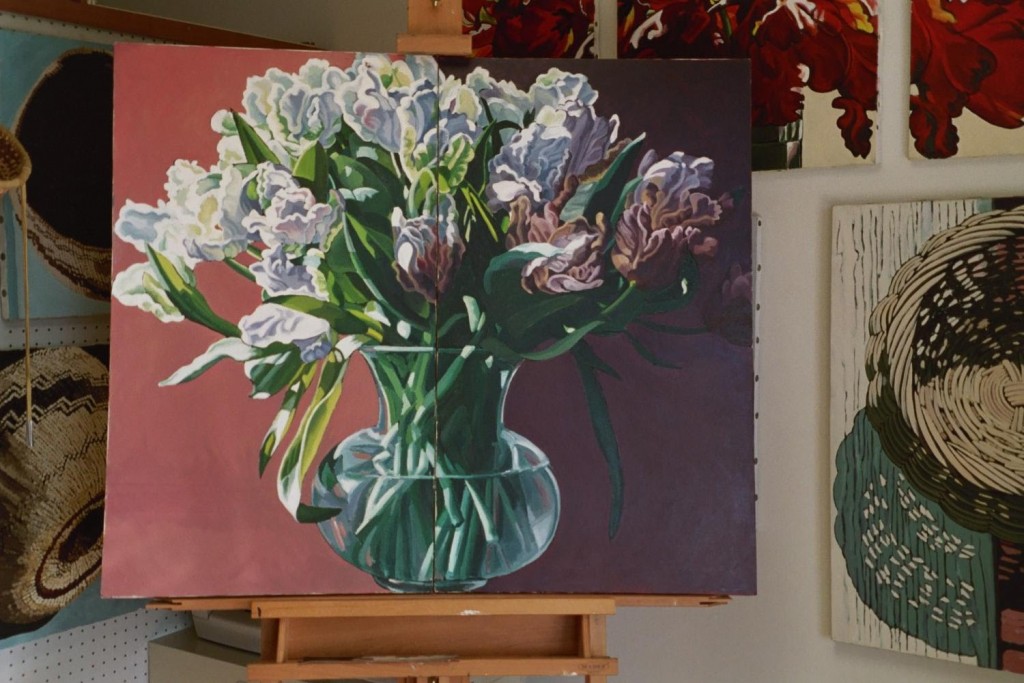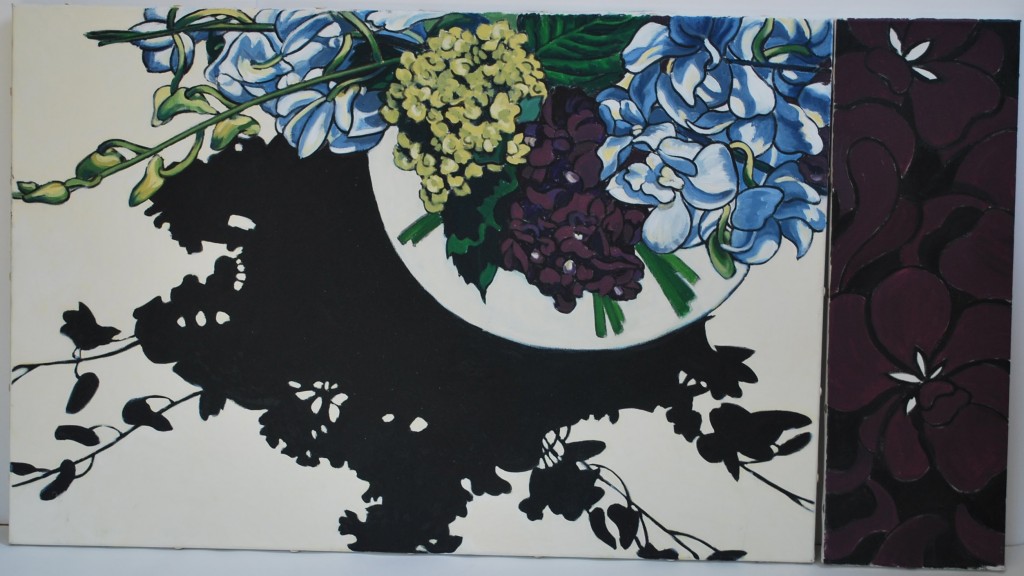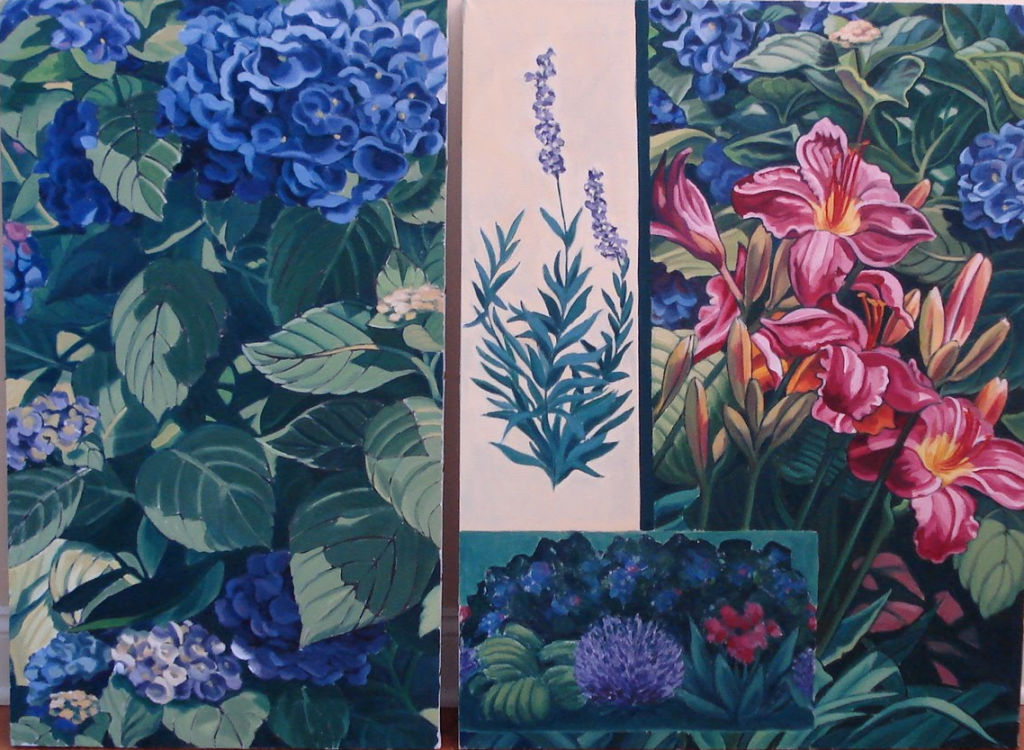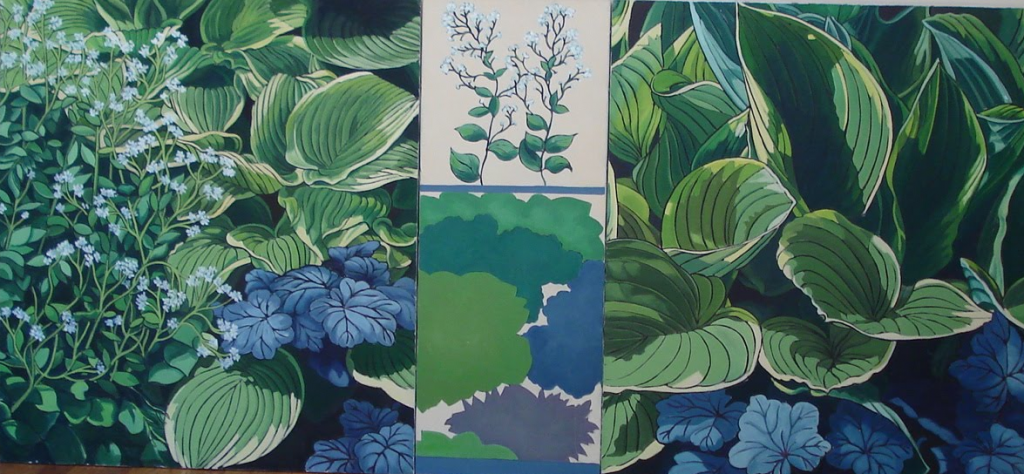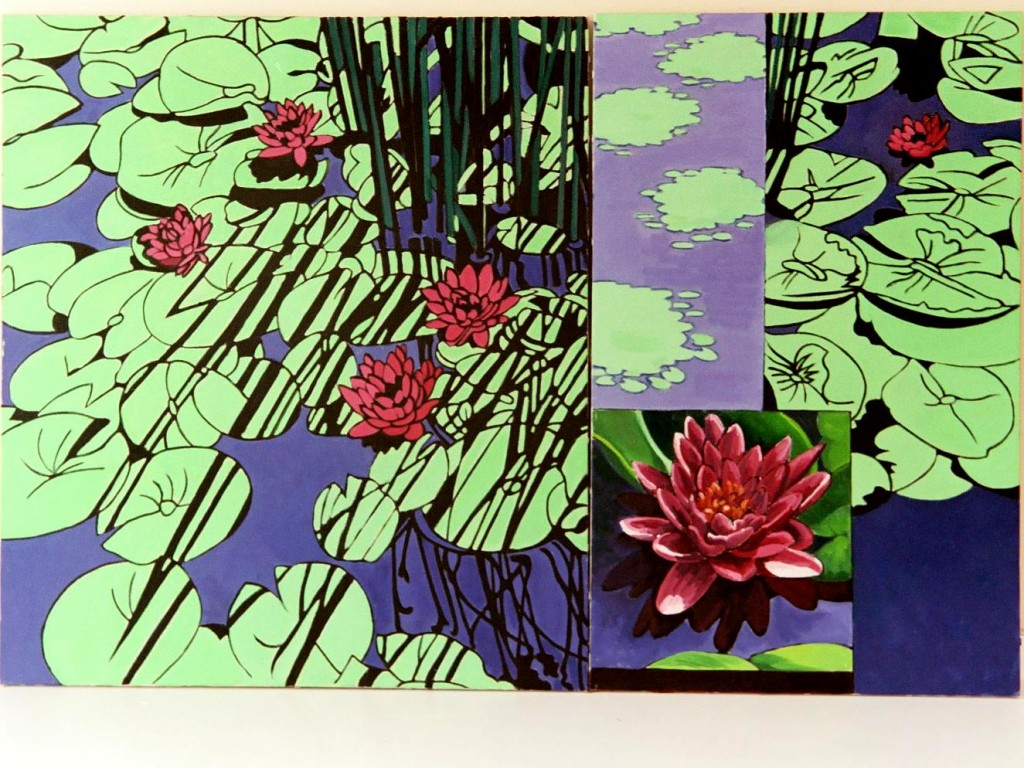BOOKS

Stokes. P.D., & Gibbert, M. (2020). Using Paired Constraints to Solve the Innovation Problem.
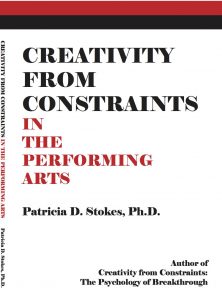
Stokes, P.D. (2016). Creativity from Constraints in the Performing Arts.

Stokes, P.D. (2005). Creativity from Constraints: The Psychology of Breakthrough.
Papers
VARIABILITY
Simon, L., & Stokes, P.D. (2015). Sources of variability in children’s drawings. Creativity Research Journal 27, 31-38. [PDF]
Stokes, P.D., Holtz, D., Massel, T., Carlis, A., & Eisenberg, J. (2008) Sources of variability in children’s problem solving. The International Journal of Creativity & Problem Solving, 18, 49-68. [PDF]
Stokes, P.D., Lai, B., Holtz, D., Rigsbee, E., & Cherrek, D. (2008). Effects of practice on variability. Effects of variability on transfer. Journal of Experimental Psychology: Human Perception and Performance, 34,640-659. [PDF]
Stokes, P.D., & Harrison, H. (2002). Constraints have different concurrent effects and after-effects on variability. Journal of Experimental Psychology: General, 131 (pp. 552-566). [PDF]
CREATIVITY/INNOVATION
Stokes, P.D. (2014). Crossing disciplines: A constraint-based model of the creative/innovative process. The Journal of Product Innovation Management, 31, 247-258. [PDF]
Stokes, P.D. (2014). Thinking inside the box: Creativity, constraints, and the colossal portraits of Chuck Close. The Journal of Creative Behavior, DOI:10.1002/jocb.52. [PDF]
Stokes, P.D. (2012). Re-thinking creativity: Inside the (paint) box with Claude Monet. Invited lecture, Columbia University Club, NY.[PDF]
Stokes, P.D., & Fisher, D. (2005). Stokes, P.D. (2008). Creativity from constraints: What can we learn from Motherwell? From Modrian? From Klee. The Journal of Creative Behavior, 42, 223-236. [PDF].
Stokes, P.D. (2007). Using constraints to generate and sustain novelty. Psychology of Aesthetics, Creativity, and the Arts, 2, 107-113. [PDF]
Stokes, P.D. (2001). Variability, constraints and creativity: Shedding light on Claude Monet. American Psychologist, 36, 355-359. [PDF]
Stokes, P.D., & Fisher, D. (2005).Selection, constraints, and creativity. Case studies: Max Beckmann and Philip Guston. Creativity Research Journal, 17, 283-291. [PDF]
…AND MATH
Stokes, P.D. & Sanfratello, A. (2020). Solving the math anxiety problem before it starts. Mathematics Teaching Research Journal, 12: 3, 51-75. [PDF]
Stokes, P.D. (2016). Thinking in patterns to solve multiplication, division, and fraction problems in second grade. Journal of Mathematics Education at Teachers College, 7, 1-10. [PDF]
Evans, H.Z. & Stokes, P.D. (2015). Doing more than common core: Mathematics in kindergarten, first and second grades. The New Jersey Mathematics Teacher, 73, 22-33. [PDF]
Stokes, P.D. (2014). Using a creativity model to solve the place-value problem in kindergarten. International Journal of Creativity and Problem Solving, 24, 101-122. [PDF]
Stokes, P.D. (2014). How early is early enough? Solving the place-value problem in first grade. The New Jersey Mathematics Teacher, 72, 30-40. [PDF]
Stokes, P.D. (2013). The effects of constraints in the mathematics classroom. Journal of Mathematics Education at Teachers College, 4, 25-31.[PDF]
Stokes, P.D. (2010). Using constraints to develop creativity in the classroom. In R.A. Beghetto & J.C. Kaufman (Eds.), Nuturing creativity in the classroom (pp. 88-112). NY: Cambridge.
Paintings
Flower Arrangements
The constraints in these paintings preclude single-panel, single-scale presentation. They promote multiple panels, which repeat adjacent shapes at slightly different scales. The repetitions are intended to produce rhythmic compositions. All paintings are done with oils.
Stargazer Lillies
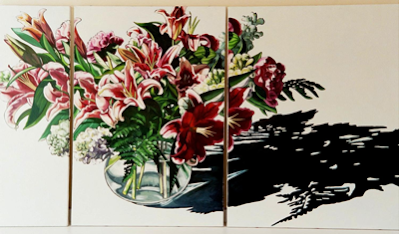
Red Parrot Tulips
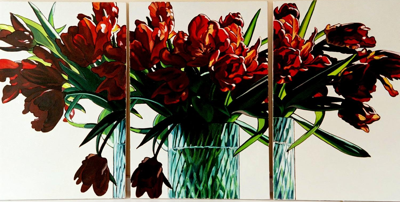
Malevolent Flowers
Orchids 1
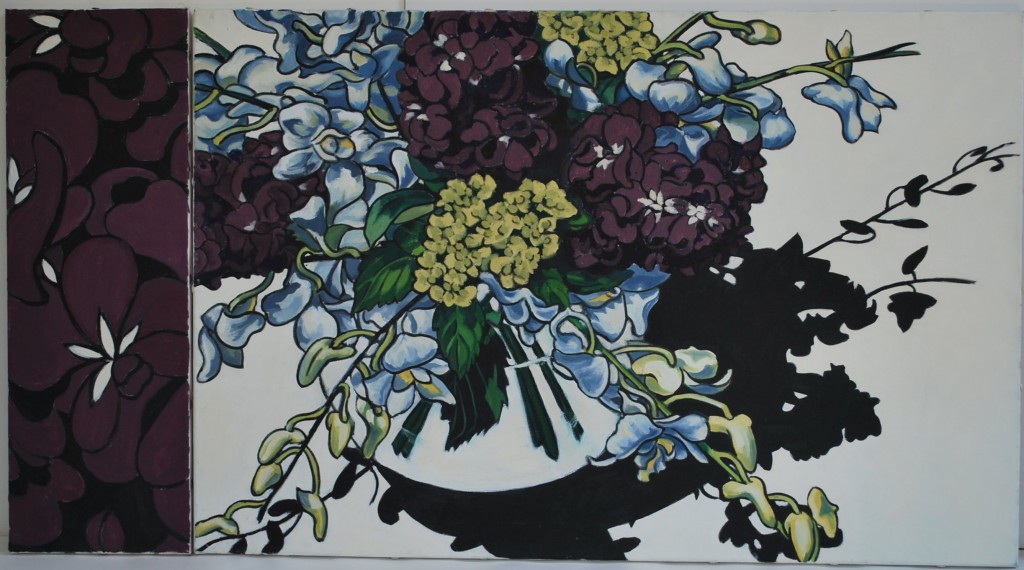
Orchids 2
Lotus Screen
Garden Plots
The constraints in these paintings preclude a single view and a single style. Rather they promote multiple views, with multiple styles. The views include parts of the garden, the garden plan or “plot,” and a detailed close-up of one type of flower from the garden. All paintings done in oils.
Campus Garden – Columbia University, NYC
Shade Garden, Riverside Park
Water Garden – New Jersey Botanical Gardens
…and a tree
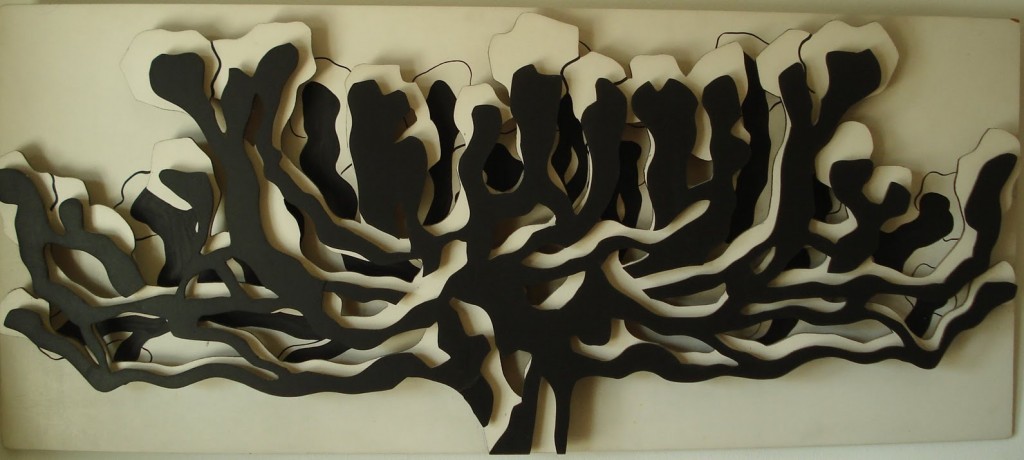 Paint on Masonite: 23″ x 56″ x 3″
Paint on Masonite: 23″ x 56″ x 3″
